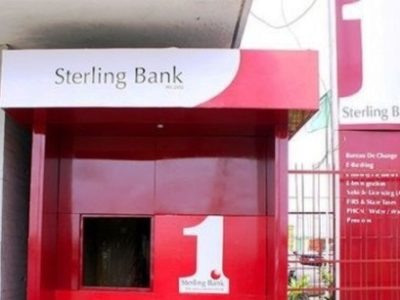Nigerians have expressed worries over slow progress made in implementing the data harmonisation policy by government; and they want government to accelerate the data harmonisation process to improve its e-readiness in addressing citizens’ data.
Government, had over two years ago, assured that it would aggressively implement data harmonisation policy across all ministries, departments and agencies (MDAs) and targets no more than 14 months to fully harmonise and integrate all existing identification databases in MDAs so as to integrate them into the National Identity Database (NIDB). But not much has happened even though the National Identity Management Commission (NIMC) had severally announced plans for data harmonisation into the NIDB beginning with the Bank Verification Number (BVN, managed by the Central Bank of Nigeria (CBN), Subscriber Identification Module (SIM) card registration by the Nigerian Communication Commission (NCC), driver’s licence by the Federal Road Safety Commission (FRSC) and National Identity card by the NIMC.
“The process has remained too slow and not encouraging,” said President of The Institute of Software Practitioners of Nigeria (ISPON) and CEO of PFS Limited, Yele Okeremi. “Government needs to hasten the process that would ensure full compliance by all MDAs to integrate their data infrastructures with the NIDB,” added Okeremi.
Abuja based IT consultant, Ahmed Abdullahi said “because Nigeria lacks a common data bank, there’s a data chaos that mock the entire process of gathering, storing and using data to effectively monitor citizen’s progress or plan effectively for national development.”
For economist and social critical, Ben Afolabi, the inability to achieve data harmonisation has meant that country has not been able to use data to track and manage crimes or checkmate criminal elements. “You will be shocked that there is no electronic prison records and that criminals with well-known records with law officials roam the streets with virtually no shared data on them by law enforcements personnel,” said Afolabi.
According go the worried experts, there is an obvious mess that only data harmonisation can address. Every agency collects its own data. NIMC collects biometrics for national ID card; FRSC collects biometrics for driver’s license; immigration service collects biometrics for international passport; CBN collects biometrics for BVN; Independent National Electoral Commission (INEC) collects biometrics for voter registration; telecom operators/NCC collects biometrics for mobile phone SIM registration; and examination bodies including the West African Examinations Council (WAEC), Joint Admissions and Matriculation Board (JAMB) and National Examinations Council (NECO) all collect biometrics to create one huge data mess.
However, a senior official of the ministry of communications in Abuja said government was doing all within its powers to achieve data harmonisation in real time despite hiccups in getting all MDAs involved and creating a more inclusive framework with which the MDAs can readily work with NIMC to centrally feed the NIDB.































